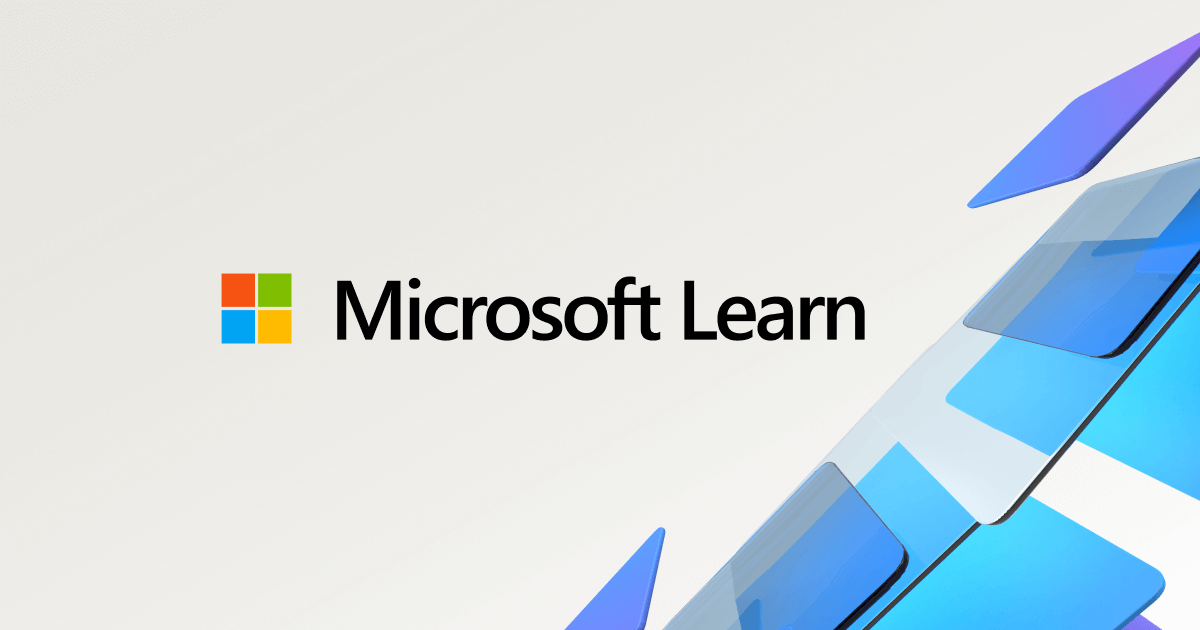Back when I was a lone tech during peak periods, things could get busy and customers in the GeekSquad area sometimes expected 2-4 Hour turnaround for new systems to be setup, so I built a batch based script to automate it for me. I still have a copy of it if you are interested. I haven't updated it in some time. It basically had the ability to install apps (which I updated every couple of weeks) plus installed the typical C+ runtimes, .NET etc.
One tool that I often use is the Windows Update Assistant, great for automating an update to the latest release, it will download, update and reboot as many times is needed, you don't have to really worry about it much. Once the customer is on the latest release, that skips a few updates. Of course, this is for residential, business who don't want bleeding edge may be a different issue.
Part of the problem with one man shows is that you have to find a way to efficiently do things. Sometimes as hard as you try one system keeps throwing up flags, and you have to dedicate time to it. The key is to possibly increase rates or increase your lead time so you are not so under the gun.
I had a dedicated bench system for things like Clone, virus scan etc. There were four machines with a Startech USB KVM (Unless it's high end it's crap, but I found the StarTech to be great, never had an issue with disconnects etc.). Each machine had hot swap bays that I could put drives into (labelled clearly) so that another bench spot was available in case needed. (Our benches had lots of space underneath so you could safely stash a PC under there while it was scanning or cloning.)
That way you had a routine and you could check those 4 machines while doing other jobs.
We tried KVM for customer machines but it end up killing productivity. We left them in just in case, as sometimes there was a rush and we needed to hook a machine up right away, but generally they weren't used. We also had a network server with RAID that all backups were done on, so that helped keep things organized.
On the subject of remote apps, there is a license available from TeamViewer that is an unattended host app, and it has the ability to self delete after it's run (when it's instructed to) so that can help. It's been a while so not sure if the other vendors have something similar. I enjoyed that tool, it lets you work on a machine and when you are done you let it self delete, which for me was great when we had other techs, so I'd quickly finish it after work from home if it was an important job, then it would be ready in the morning.
There is also the option of hiring remote workers, but they would need to be vetted.

